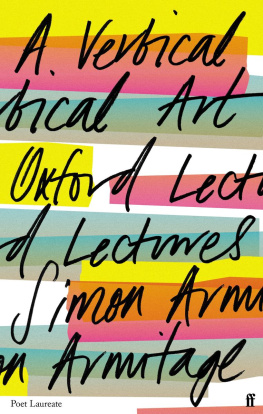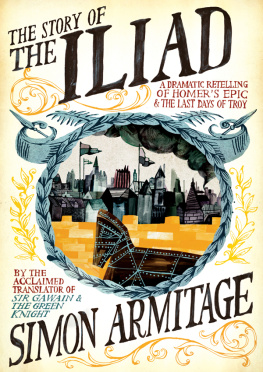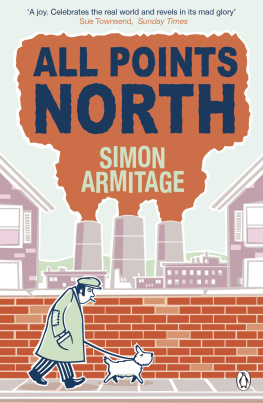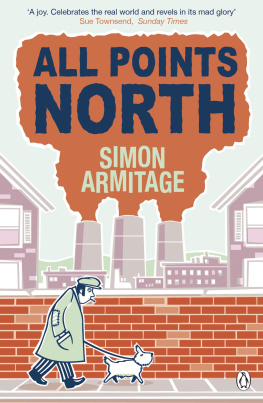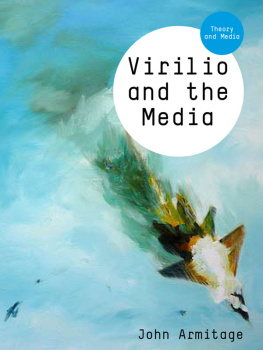Simon Armitage - A Vertical Art
Here you can read online Simon Armitage - A Vertical Art full text of the book (entire story) in english for free. Download pdf and epub, get meaning, cover and reviews about this ebook. year: 2021, publisher: Faber & Faber, genre: Detective and thriller. Description of the work, (preface) as well as reviews are available. Best literature library LitArk.com created for fans of good reading and offers a wide selection of genres:
Romance novel
Science fiction
Adventure
Detective
Science
History
Home and family
Prose
Art
Politics
Computer
Non-fiction
Religion
Business
Children
Humor
Choose a favorite category and find really read worthwhile books. Enjoy immersion in the world of imagination, feel the emotions of the characters or learn something new for yourself, make an fascinating discovery.
- Book:A Vertical Art
- Author:
- Publisher:Faber & Faber
- Genre:
- Year:2021
- Rating:5 / 5
- Favourites:Add to favourites
- Your mark:
- 100
- 1
- 2
- 3
- 4
- 5
A Vertical Art: summary, description and annotation
We offer to read an annotation, description, summary or preface (depends on what the author of the book "A Vertical Art" wrote himself). If you haven't found the necessary information about the book — write in the comments, we will try to find it.
A Vertical Art — read online for free the complete book (whole text) full work
Below is the text of the book, divided by pages. System saving the place of the last page read, allows you to conveniently read the book "A Vertical Art" online for free, without having to search again every time where you left off. Put a bookmark, and you can go to the page where you finished reading at any time.
Font size:
Interval:
Bookmark:
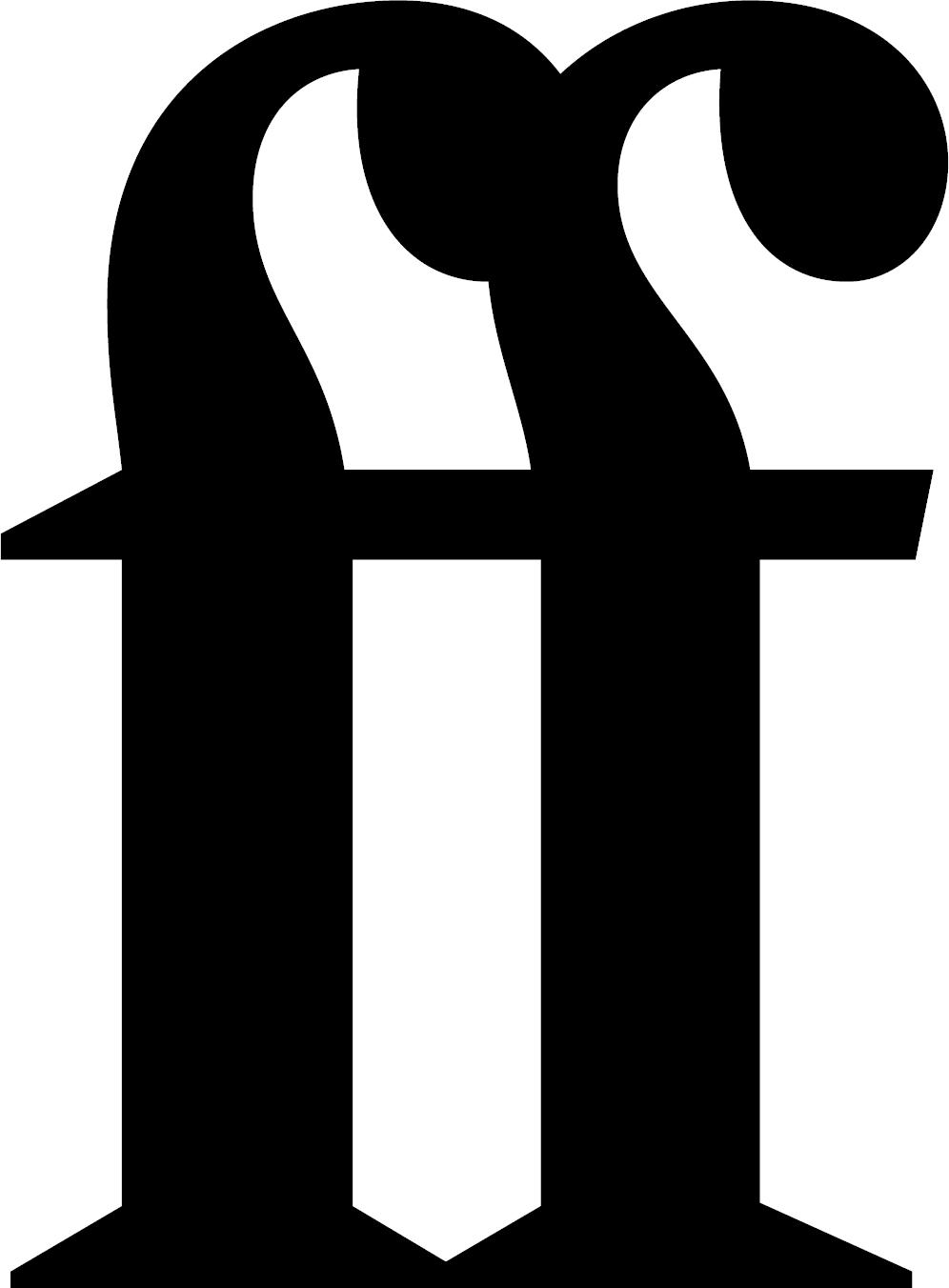
Aside from one or two ritualistic engagements here and there, the main duty of the Oxford Professor of Poetry is to deliver three lectures per year over a four-year period. There is no prescribed subject matter other than that implied by the job title and no insistence on any particular approach, though the odd whispered comment did caution me that to talk about my own work would be considered vulgar. Although I give readings about once a week and am no stranger to public speaking, at the time of my appointment I had very little experience of lecturing, and one of my objectives in standing for the post (it is an elected position) was to try my hand at a different form of expression. If the circumstances required me to present a thoughtfully written document, the audience in the room had every right to expect something more than a person reading out loud for an hour. To that end, I discovered very quickly that a lecture is part essay and part performance, and that is the spirit in which I offer these chapters. In transferring them to the page I hope they have retained their sense of occasion and their tone of voice.
There were two other motivations in putting myself on the podium: to enforce a break from writing my own poetry I was looking for a change in style and thought that a self-imposed cease-and-desist order might help and to test out some of the remarks about poetry Id been making fairly casually for the best part of thirty years. Despite the demands of the research and season after season of near-continuous reading, drafting and redrafting, my attempted abstinence must be considered a failure; if anything, I wrote more poetry than ever in that period, an outcome for which I have no credible explanation. And although I fully interrogated them, neither did I make any drastic revisions to my original attitudes. In fact, if anything, my poetic sensibilities hardened, though in an entirely positive way, through finding more reasons to celebrate the poetry I admire, and by being given the opportunity to share passions and enthusiasms with those who had come to listen. One further motivation in taking on the role was to learn. Having never formally studied poetry beyond my schooldays and being somewhat homemade as a writer, I occasionally thought of my time at Oxford as the education in English Literature I missed out on. On that front, it did not disappoint. Im no wiser than I was before; as we know, all forms of study only lead to more unanswered and unanswerable questions. But through the close reading of texts and in having the time and legitimacy to explore the connections between carefully chosen words, my appreciation of poets and poetry greatly intensified, and the wonder has deepened.
I wanted to speak personally in the lectures. When I talk about poetry, opinion will always win out over judgement, and Im happy to let enthusiasm and preference be my guide. Poetry is a subject well suited to subjectivity. I also wanted to broaden the appeal of the lecture series; despite being held in the extremely formal and somewhat intimidating surroundings of the Examination Schools, members of the general public are welcome at the events. As, of course, are the Universitys undergraduates, though I was warned that their attendance couldnt be guaranteed, especially when lectures are conducted at the level of one professor addressing other professors. I projected slides to illustrate the presentations hardly a technological innovation, but something I dont think had been utilised much before and all the lectures were eventually made available as downloadable podcasts.
Beyond that, there was no grand plan or even a reasoned chronology. I used the platform as a way of talking about some of my favourite poems, and I used those poems as a way of discussing issues relating to the art form and methodologies essential to its practice. The very definition of poetry was a central theme, something I wanted to explore by thinking about readership and audience, which led me, on several occasions, into considerations about the wobbly tightrope that poetry must walk between obscurity on the one hand and obviousness on the other. My position here is that facile or simplistic poetry does not qualify as poetry at all, yet poetry that is so opaque as to be incomprehensible is not only a crime against the dictionary but an insult to evolution in general. Language, I continue to believe, is the greatest human invention of all time and humanitys most powerful tool, and poetry is the ultimate expression of its potential.
Beyond these brief comments, which I hope give the lectures some useful context, I would prefer to let what follows speak for itself. Though I will add that in writing and talking about poetry, my ambition is always to promote its qualities and broadcast its values. Still a vital and, at the time of writing, even fashionable art (yet one that cannot ever be truly popular), the origins of poetry take us back to the start, to before the novel, before the play and even before the song, to the very beginnings of utterance. Only by keeping some of its fundamental principles and techniques alive those things that separate it from other forms of writing will we experience the origins of articulated consciousness, or be best equipped to pronounce on our existence.
A relative stranger to both the city and the University when I arrived in Oxford in the autumn of 2015, there are a number of people I would like to thank for making both myself and my family welcome, and for being excellent company and colleagues. My gratitude, then, to Ros Ballaster, John Barnard, Jonathan Katz, Sam Gartland, Bernard ODonoghue, Heather ODonoghue, Richard Ovenden, Jamie McKendrick, Tom Paulin, Seamus Perry, Craig Raine, John Vickers and to many other scholars and students connected with Wolfson College and All Souls College. Thank you to everyone at Trinity College, my base at Oxford, whose porters cheerfully facilitated my irregular comings and goings and were always happy to roll back the big blue gates and wave me in or out. Many thanks also to Hilary Boulding, current President at Trinity College, for her considerable thoughtfulness and hospitality towards the end of my tenure and beyond. And for their initial encouragement, continuous support, good humour and unfailing generosity I would particularly like to thank former President of Wolfson College, Hermione Lee, and former President of Trinity College, my nominator and handler Ivor Roberts. I am also grateful to the University of Sheffield, the University of Leeds and Princeton University, USA, for their flexibility in allowing me to take on the role at Oxford while having other duties, responsibilities and loyalties.
Many thanks also to Tom Cook, always a friendly face in the crowd and a willing guide to Oxfords social scene. Toms foraging in the University libraries on my behalf was an enormous help, and his professional skills as a reader, researcher, compiler of references and wrangler of Middle English were thoroughly tested in the assembling of this publication.
To help resolve a protracted and escalating insurance claim following a collision between his car and another motor vehicle, a poet employs the services of a local solicitor. The case requires four or five personal visits to the solicitors office, during the course of which and despite never having been asked directly or volunteering details of his day-to-day activities it occurs to the poet that he has been recognised.
Words and phrases begin to enter the solicitors conversation, delivered with a grin and a wink, and sometimes within air quotes; phrases such as Apologies for the mixed metaphor or If you, of all people, will excuse the pun. Eventually, on what is scheduled to be the final appointment, the solicitor utters the one sentence his client had hoped not to hear: the dreaded Actually, Im a bit of a poet myself. Later that day, the poet drives home. On the passenger seat next to him are the finalised, signed-off legal documents, bound in a pink ribbon. And outweighing them by several kilos are two shoeboxes full of poems: poems handwritten on legal foolscap in green ink, which the poet, being a poet, has of course agreed to read and comment on. It is a service he will provide for nothing, such was the unspoken expectation, even though the other document riding next to him in the vehicle is the solicitors bill for several hundred pounds, to be settled within ten working days.
Font size:
Interval:
Bookmark:
Similar books «A Vertical Art»
Look at similar books to A Vertical Art. We have selected literature similar in name and meaning in the hope of providing readers with more options to find new, interesting, not yet read works.
Discussion, reviews of the book A Vertical Art and just readers' own opinions. Leave your comments, write what you think about the work, its meaning or the main characters. Specify what exactly you liked and what you didn't like, and why you think so.

